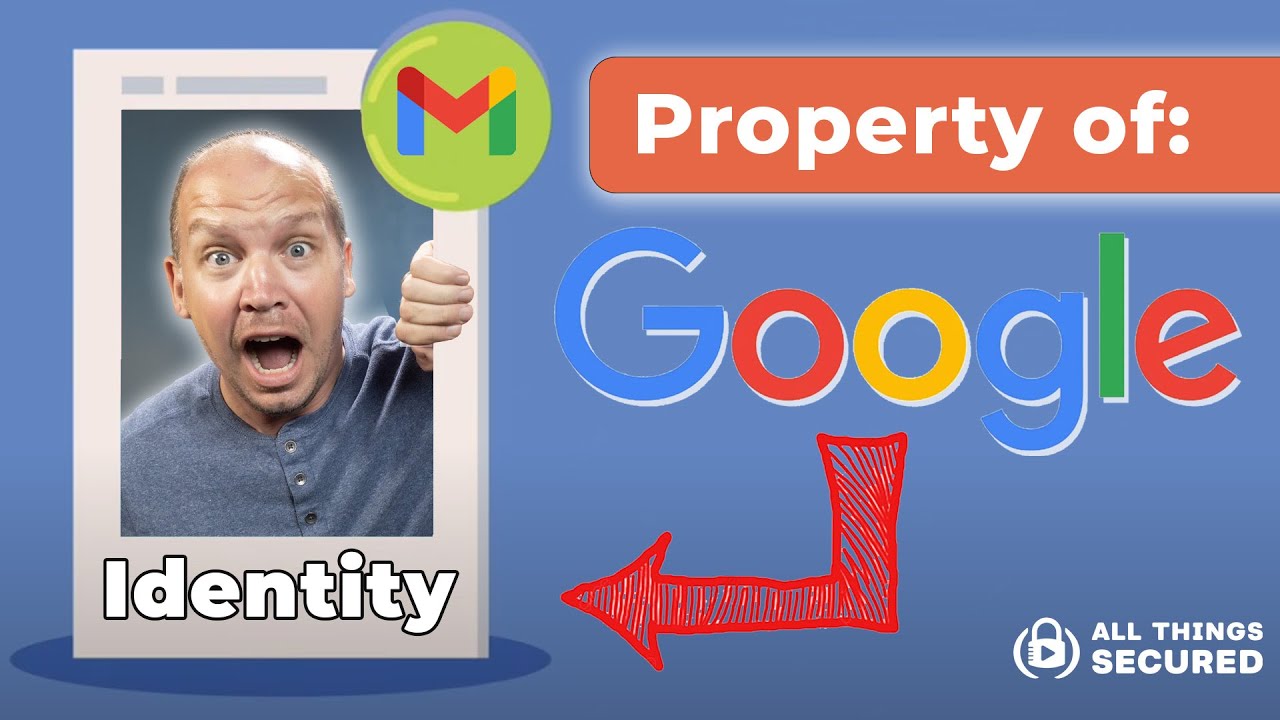Understanding the Dangers of Online Identity
Andy Yen, the CEO of Proton Privacy, sheds light on the critical role of email in defining one’s digital identity. He warns against the dangers of having Google control this online identity, emphasizing the need for individuals to consider alternatives to safeguard their privacy.
Email as the Key to Online Identity
The significance of one’s email as a digital identifier cannot be overstated. Yen draws parallels between an email address and a passport, highlighting how it ties together an individual’s entire online existence. Loss of an email address can be more inconvenient than losing a physical passport, given its role in establishing one’s online identity. As such, the control of this digital identity by companies like Google raises concerns about the potential misuse of personal information.
The Power of Google’s Control
Yen explains how Google’s pervasive reach extends beyond its own platforms, with Google ads and analytics embedded across a majority of websites worldwide. As a result, users with a Google account inadvertently expose their online activity to the tech giant, allowing it to compile detailed profiles linked to real-life identities. The implications of this control are far-reaching, encompassing not only online activities but also personal characteristics and preferences, creating a comprehensive digital persona that is susceptible to exploitation.

Choosing Alternatives and Regaining Control
Amid concerns about the extent of Google’s control, Yen advocates for seeking alternatives to reclaim one’s digital identity. By transitioning to secure email providers like Proton Mail, individuals can detach themselves from the web of data collection orchestrated by Google. This offers the pivotal benefit of withholding personal information from being readily accessible and exploited by tech companies, reinforcing the concept of privacy and autonomy in the digital realm.
The Power of Opting Out
Yen illustrates how the simple act of not being logged into Google services can already limit the tracking and compiling of personal data. He emphasizes the choice to consciously opt out of the system, affirming that taking small steps can significantly disrupt the data collection process. Proton Mail, as an alternative, grants users the freedom to disengage from Google’s ecosystem while retaining essential email functionality.
Conclusion
The interview with Andy Yen serves as a rallying call for individuals to reevaluate the control of their online identity, urging them to consider alternative solutions that prioritize privacy and empowerment. By taking steps to understand and address the dangers posed by centralized digital identities, users can navigate the online landscape with newfound confidence and security. Everyone has the power to reclaim control and protect their digital identity.
For more insights into online security and privacy, the curated content from All Things Secured offers invaluable guidance and recommendations to fortify digital resilience in an increasingly connected world.





![How about: "Nightfall Frenzy [Semi-Anarchy] 1.21"?](https://game-drip.com/wp-content/uploads/2024/04/gamedrip-news-trending-3421.jpg)








![ZappyMC [SMP] – Dive Into Fun!](https://game-drip.com/wp-content/uploads/2024/04/gamedrip-news-best-2937.jpg)
![Sure! Here are a few suggestions:
Cinder SMP [Vanilla] – Join Now!
Cinder SMP [Vanilla] – Team Up!
Cinder SMP [Vanilla] – Play Today!
Cinder SMP [Vanilla] – Join Fun!
Let me know if you need more options!](https://game-drip.com/wp-content/uploads/2024/04/gamedrip-news-popular-1452.jpg)





